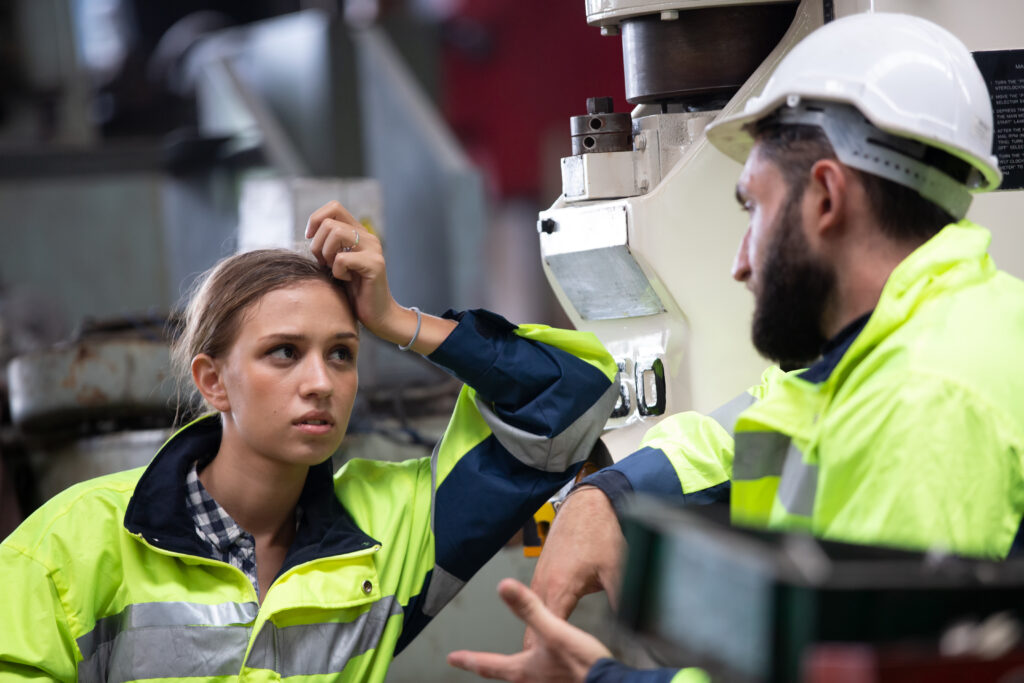
Substance use disorders cause a host of changes and difficulties for the person suffering from the disease of addiction, as well as those closest to them. Substance abuse can greatly impact the physical and mental health of the addicted person, their loved ones and family members. Whether you’ve just discovered that your husband or wife is addicted to drugs or it’s been a problem for years, you’re probably wondering “can my marriage survive drug addiction”? The short answer is yes it can. Addiction is a chronic disease, but it is treatable.
The condition tends to cause the addict to engage in dishonest or unpleasant behaviors that may be totally out of character, but don’t lose hope — marriage can survive drug addiction. While it’s essential that you’re part of your partner’s support system, you’re not responsible for curing them, and you can’t put their needs before your own. There are steps you can take to stop addiction from ruining the relationship between you and the person you love.
Face up to the Facts
Even though we know alcoholism and drug abuse are medical conditions and not moral choices or signs of a weak character, there’s still a stigma attached to drug addicts. This stigma, along with the sheer pain associated with substance use disorders, often causes loved ones to bury their head in the sand and avoid facing up to the problem. Although this may postpone dealing with the consequences, it’s more likely to make the situation worse rather than better.
The sufferer is often in denial and will excuse habitual drug use as letting off steam or something they’re in control of. It’s vital that you look beyond these superficial words and resist the temptation of hoping the situation will work itself out.
Understand Drug and Alcohol Abuse
Facing up to the facts means you need to be aware of what they are. Your marriage is going to have a much better chance of survival if you make sure you understand how addiction affects the brain. This allows you to separate the disease from the person you love and therefore direct your negative feelings towards the illness rather than the individual. The person you remember is still in there, and they can be helped. It’s also important to identify if you and the person with an active addiction have become codependent on one another. Codependency can often happen between married couples when a spouse’s addiction has been active for a long time. Read as much information as you can get your hands on and seek advice from a specialist. You’ll feel more confident, feel more in control and be in a better position to help them.
Is Your Relationship Hurting Your Recovery?
Disclaimer: This screening is not designed to make a diagnosis or take the place of a professional diagnosis
consultation. Use this brief screening tool to help determine if further action is recommended.
For help in selecting the proper level of treatment in your area please contact our office.
Try to Remain Calm and Avoid Arguments
Drug or alcohol addiction is a family disease, and it often facilitates harmful patterns, such as the addict staying out late without calling, causing you to panic and get angry and leading to a blazing argument. Rather than forcing them to change, the guilt and shame they feel from causing you pain feeds the addiction and makes the situation worse. On top of that, you’re stressed and distraught from the constant fighting.
Put Yourself First
Whatever you do, don’t focus your entire existence around your addicted spouse. Find a support group, like al-anon, in your local area that allows you to vent in an environment where you receive constructive advice. You could also consider individual or family therapy if it is not already offered at the treatment program your family member is participating in. The more you immerse yourself in their illness, the more resentment you’ll feel, which can be a leading cause of a marriage breakdown. Lend a nonjudgmental ear and let your spouse know you’re there for them.
The best way to save your marriage is to encourage your partner to seek professional help for addiction recovery at a men’s rehab or addiction treatment center in California. To get sympathetic advice from an expert, call Valley Recovery Center today at 866-381-5165.






